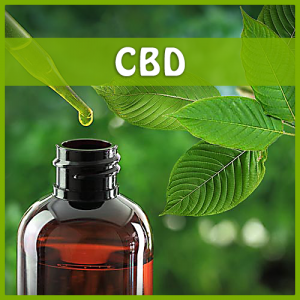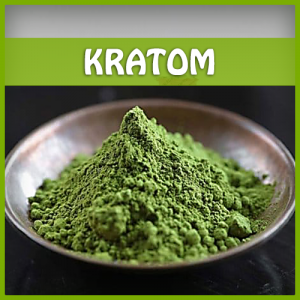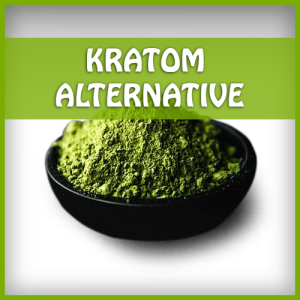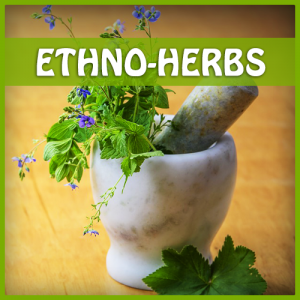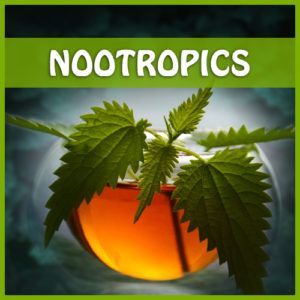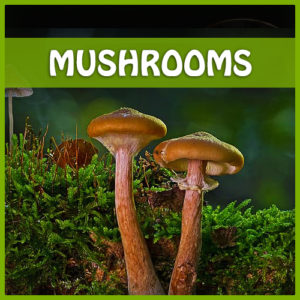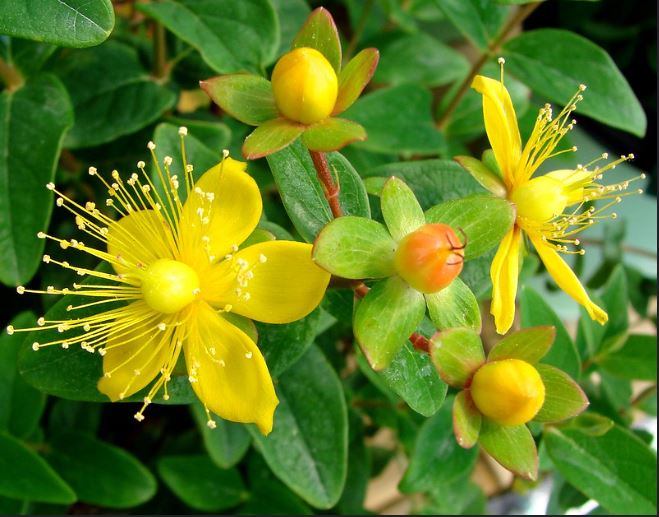Updates
St John’s Wort: Natural Remedy for Mood Disorders
St. John’s wort (Hypericum perforatum) is an herbal supplement that has been used for centuries as a natural remedy for mood disorders such as depression, anxiety, and seasonal affective disorder (SAD). The plant is native to Europe, but it can also be found growing in other parts of the world, including North America.
St. John’s wort is believed to work by increasing the levels of certain chemicals in the brain, such as serotonin, norepinephrine, and dopamine. These chemicals play a key role in regulating mood, and a deficiency in them has been linked to depression. The plant is also thought to have anti-inflammatory and antioxidant properties, which may contribute to its ability to improve mood.
The use of St. John’s wort as a treatment for mood disorders has been extensively
studied in recent years. Several clinical studies have found that the herb is just as effective as traditional antidepressants, such as selective serotonin reuptake inhibitors (SSRIs), in treating mild to moderate depression. In one study, for example, patients taking St. John’s wort experienced a significant improvement in their symptoms compared to those taking a placebo. In another study, the herb was found to be more effective than a placebo in reducing symptoms of anxiety.
Despite the promising research on St. John’s wort, it is important to note that the herb can interact with certain medications, such as birth control pills and blood thinners. It can also cause side effects such as dry mouth, dizziness, and gastrointestinal upset. It’s always recommended to consult with a doctor before taking any herbs.
It’s also worth mentioning that the FDA has not approved the herb as a treatment for any medical condition, and its effects vary widely depending on the preparation and dosage. The dosage of the herbal supplement can vary widely depending on the preparation and the brand. It’s important to consult a healthcare provider before taking St. John’s wort, and to make sure that the supplement is standardized to 0.3% hypericin, which is the active ingredient of the plant.
While St. John’s wort is not recommended for use in severe depression, it may be an effective alternative to conventional antidepressants for people with mild to moderate depression. It is also a natural option that is free of side effects associated with prescription drugs.
It is important to keep in mind that St. John’s wort is not a substitute for professional medical care and should not be used in place of seeking help from a healthcare provider. If you are experiencing symptoms of depression, anxiety, or any other mental health condition, it is important to seek the guidance of a qualified healthcare professional.
In conclusion, St. John’s wort is a natural remedy for mood disorders that has been used for centuries. Recent research suggests that the herb can be just as effective as traditional antidepressants in treating mild to moderate depression and anxiety. As with any herb, it is important to consult with a healthcare provider before taking St. John’s wort, as it can interact with certain medications and cause side effects. It is not a substitute for professional medical care and people with severe depression should seek professional help.









